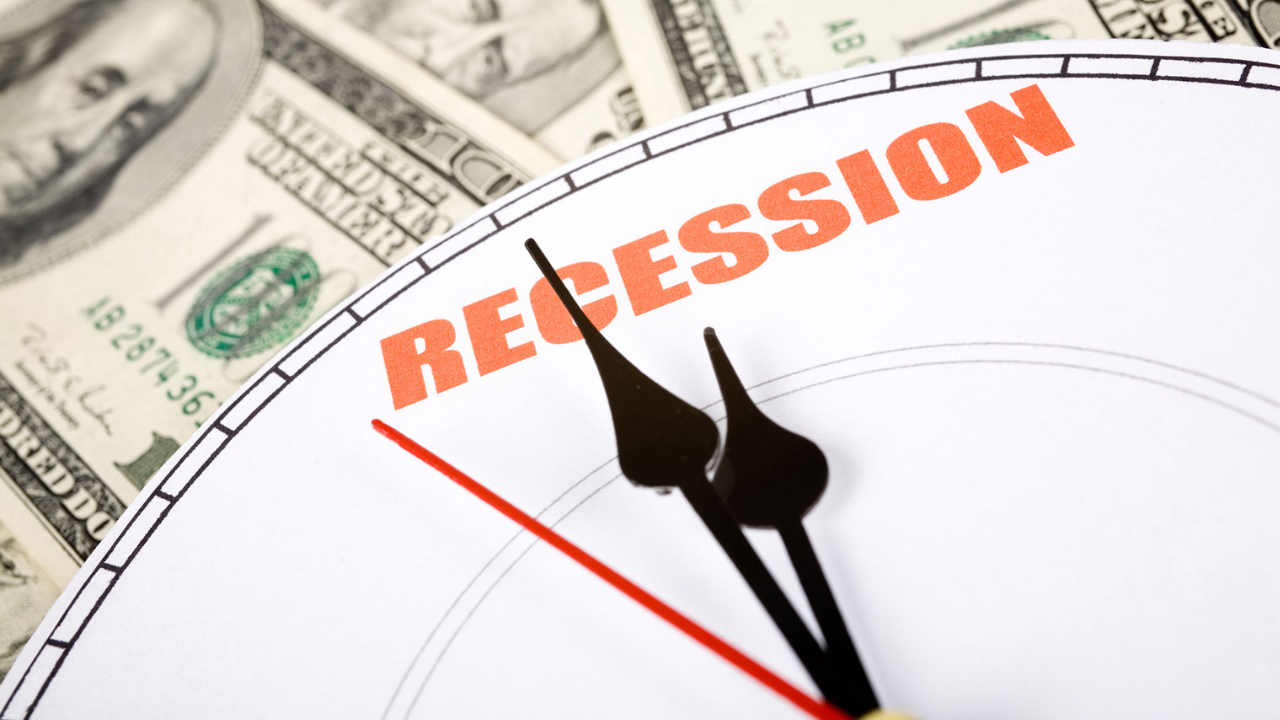Two things seem to be true right now: No one can agree on the definition of a recession, and no one can agree if we’re in one right now.
Since mid-2022, economists, strategists, and politicians have been going back and forth in the great debate of whether we’re in a recession or not.
That fight intensified last year after the Biden administration insisted that the U.S. economy did not (and has not) enter into an economic downturn.
In fact, the battle got so intense that Wikipedia had to freeze the editing capabilities on its recession page since so many people flocked to it to change the definition.
Before we jump ahead, let’s talk about what a recession technically is.
What is a recession?
A recession is defined as a significant, widespread, and prolonged downturn in economic activity.
Many experts categorize a recession as two or more consecutive quarters of declining real gross domestic product (GDP). By that definition, we would have hit a recession back in 2022, when the debate began.
Five things need to happen in order for a recession to occur:
- A decline in real income
- A decline in real GDP
- A rise in unemployment
- A drop in consumer spending
- Stagnation of industrial production and retail sales
Who makes the recession call?
Despite the arguing, economists and politicians aren’t even in charge of making the official call on whether the U.S. is in a recession or not. That job falls to the National Bureau of Economic Research (NBER), which tracks numerous economic indicators before waving the recession flag.
“By far, the most important thing to try to convey is that the committee is not trying to do real-time dating of whether we’re in a recession,” said MIT economics professor James Poterba, the NBER president and a member of the committee, in an interview. “There’s often [an] enormous amount of interest in that question and what many people are hoping for, but the committee’s task is to create a consistent historical record of the turning points—the peaks and the troughs in the U.S. economy.”
It’s important to note that the NBER typically waits until after a recession has begun (or has ended) to declare it.
So Wall Streeters, politicians, and strategists can continue to debate if we’re in a recession and about the severity of one when it comes, but the NBER has the final say.
And so far, no official call has been made.





